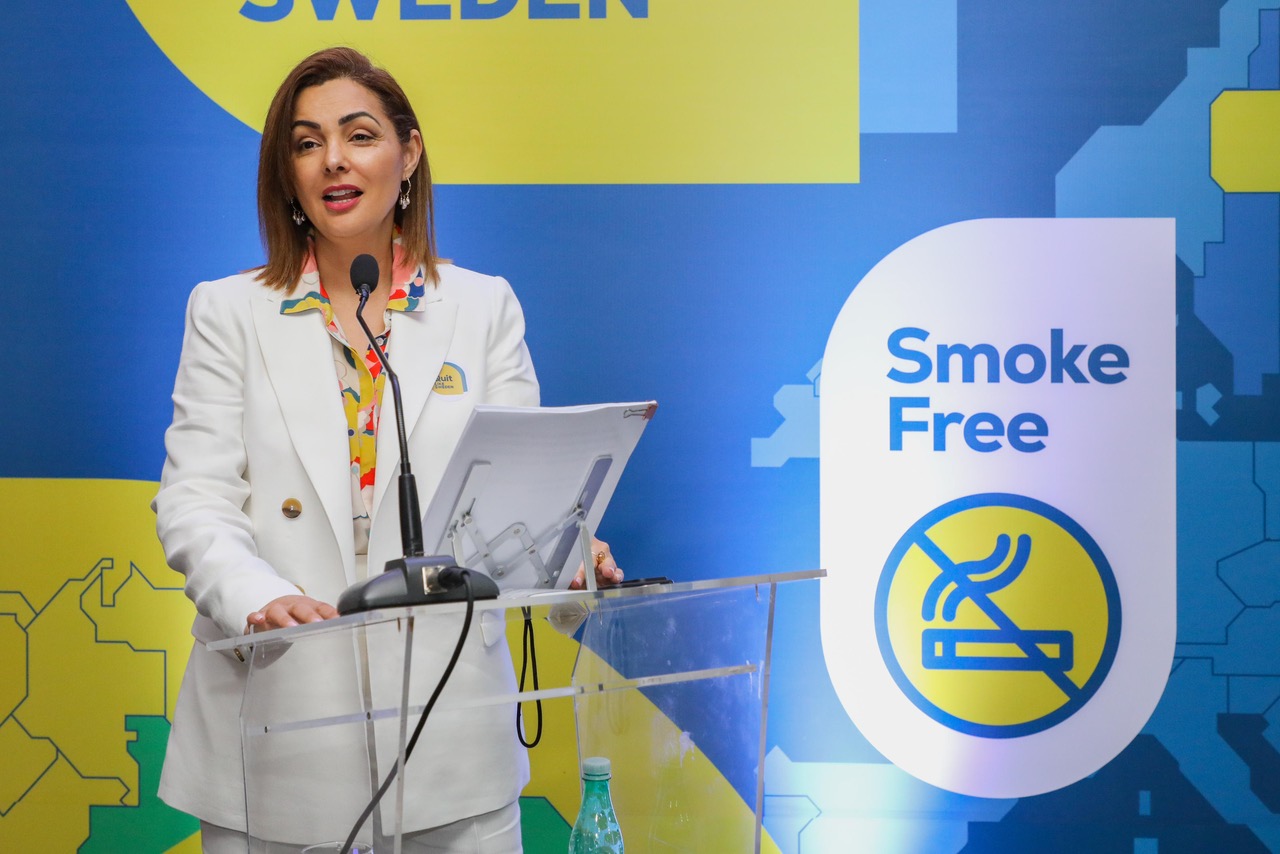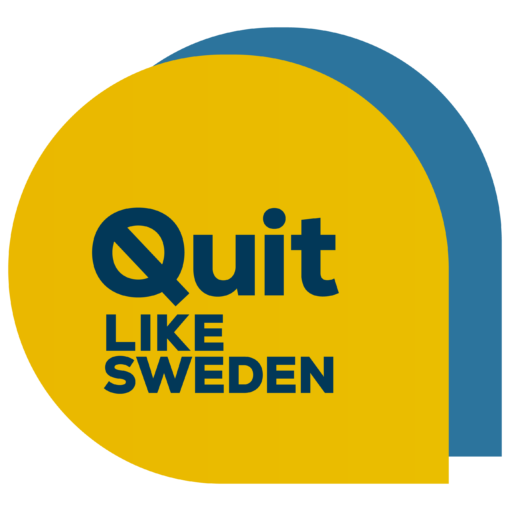10 April 2024 – INTERNATIONAL health experts today rallied behind a major new global effort to replicate Sweden’s success at eradicating smoking by embracing a comprehensive approach that could prevent many millions of premature deaths worldwide.

Quit Like Sweden (QLS), launched at a conference in Brasilia featuring medical professionals, politicians and policymakers, will motivate and support countries worldwide to emulate the triumph of Sweden, which is set to become the first nation to attain official ‘smoke-free’ status later this year.
QLS founder Suely Castro, a Brazil-born harm reduction advocate, said: “Sweden has achieved this remarkable feat by ensuring that safer alternatives to smoking are accessible, acceptable and affordable.”
“A country where 49% of men used to smoke regularly has virtually wiped out this scourge by allowing its smokers to switch to products that pose just a fraction of the risks, such as snus [traditional smokeless tobacco] and other smoke-free alternatives like vapes and nicotine pouches.
“Swedes are reaping the health dividend with significantly lower cancer cases and mortality rates compared to their European counterparts. Now Quit Like Sweden will amplify this message globally, leveraging expertise and fostering collaboration across stakeholders to help countries replicate the Swedish Experience.”
Ms Castro was joined at the launch of her new platform by leading international harm reduction experts who unveiled new research showing that Brazil could save 1.36 million lives by 2060 by adopting the Swedish approach.
Earlier research has shown that three million more Europeans would be alive today if other countries had implemented Sweden’s comprehensive approach to helping smokers quit.
Meanwhile, a study of low and middle-income countries (LMICs) shows that, through the adoption of Swedish-style policies, Kazakhstan could prevent 165 000 premature deaths in the next four decades, while South Africa, Bangladesh and Pakistan could save 320 000, 920 000, and 1 200 000 lives, respectively.
Research co-author Dr Anders Milton, a former chair of the World Medical Association and former Secretary General of the Swedish Medical Association, said: “Sweden is winning the war against smoking with a comprehensive approach to tobacco control that supplements traditional cessation and preventive measures with an all-important added element: giving smokers the opportunity to switch to safer alternatives.
“It has set out a policy roadmap that should be treated as a gift to global public health and, potentially, one of the greatest ever breakthroughs in tackling non-communicable diseases (NCDs).
”That’s why QLS is so important. By spreading the message of the Swedish Experience to all corners, many millions of premature deaths – including almost 1.4 million here in Brazil – could be prevented in the next four decades.”
London-based Ms Castro said she had been motivated to launch QLS by her father, a lifelong smoker who lives in Bahia.
“Like Brazil’s other 22 million smokers, my father has been deprived of the lifelines given to the Swedes because of regulatory barriers and societal resistance towards alternative nicotine products.
“Quit Like Sweden aims to empower individuals – here in Brazil, and around the globe – to reclaim control over their health.”
Notes to editors
Quit Like Sweden is a platform for people who want to eradicate smoking. The smoking rate in Sweden, where once 49% of the male population smoked regularly, is about to fall below 5%, the level regarded by the World Health Organization as officially ‘smoke-free’. Quit Like Sweden aims to encourage other countries to replicate the Swedish Experience by using traditional cessation and prevention measures while making alternatives to smoking accessible, acceptable and affordable.
An official launch of Quit Like Sweden in Brasilia on April 10 features eminent guest speakers on a variety of topics:
Public policy – Swedish MP Jesper Skalberg Karlsson, Senator Soraya Thronicke and Federico Fernandez, Director at We Are Innovation.
Misinformation and the impact on consumers – Miguel Okumura from THR Brasil and Alexandro Lucian from DIRETA.
The Swedish Experience’s life-saving potential for Brazil – Dr Delon Human, a former adviser to three WHO Directors-General and to the UN Secretary-General on global public health strategies; Dr Anders Milton, former chair of the World Medical Association and former Secretary General of the Swedish Medical Association; and Prof. Dr. Erika Magalhaes Suzigan, Coordinator of the Medicine Course at the University of Santo Amaro, Former Director of the
Faculty of Medicine at the Universidade do Oeste Paulista (UNOESTE) and Supervisor of the Adult’s Neuro-Physiatry Outpatient Clinics at Santa Casa de Misericórdia -São Paulo.
Public health policymaking – Dr Roberto Sussman, senior researcher at the Institute of Nuclear Sciences at the National Autonomous University of Mexico and a founder and director at Pro-Vapeo Mexico A.C.; Dr Konstantinos Farsalinos, a cardiologist and research fellow at the Onassis Cardiac Surgery Center in Athens-Greece; Dr Christopher Russell, a behavioural psychologist and director of Russell Burnett Research & Consultancy in Glasgow; David Sweanor, adjunct professor of law, and chair of the advisory committee of the Centre for Health Law, Policy and Ethics, at the University of Ottawa; and Dr Marewa Glover, director of Centre of Research Excellence: Indigenous Sovereignty &Smoking in Auckland.
The event concludes with a screening of a documentary, How Sweden Quit Smoking, directed by Tomasz Agencki, followed by a panel discussion.
References:
- The Swedish Experience: A Roadmap to a Smoke Free Society
- Nicotine Without Smoke: Tobacco Harm Reduction
- E-cigarettes may help over 50,000 smokers to quit in England each year
- Tobacco-related mortality Sweden&EU easier readable charts
- Paper co-authored by Dr Delon Human, Dr Anders Milton & Dr Erika Suzigan, 2024.
- Lives Saved: Report – Integrating Harm Reduction into Tobacco Control


